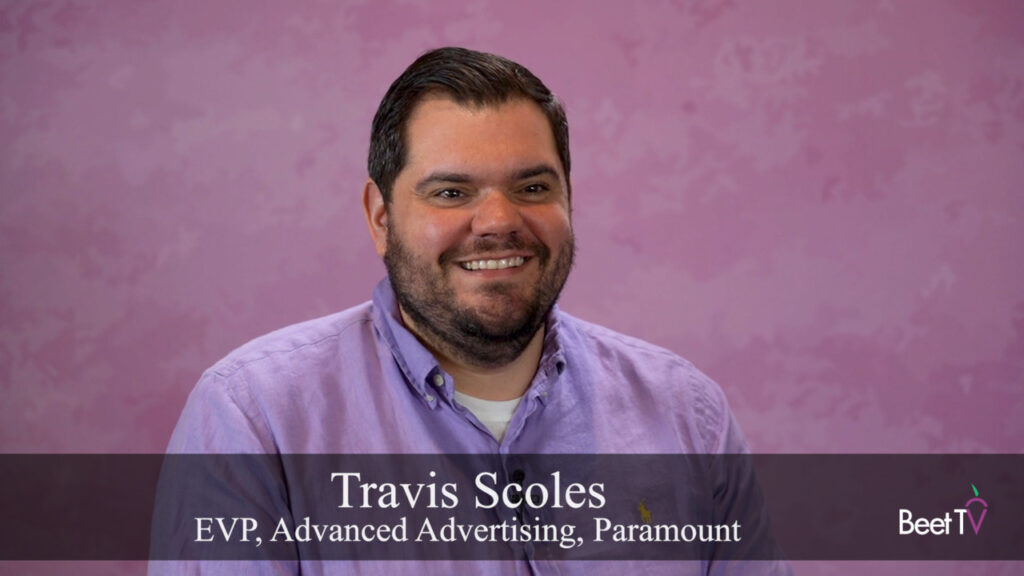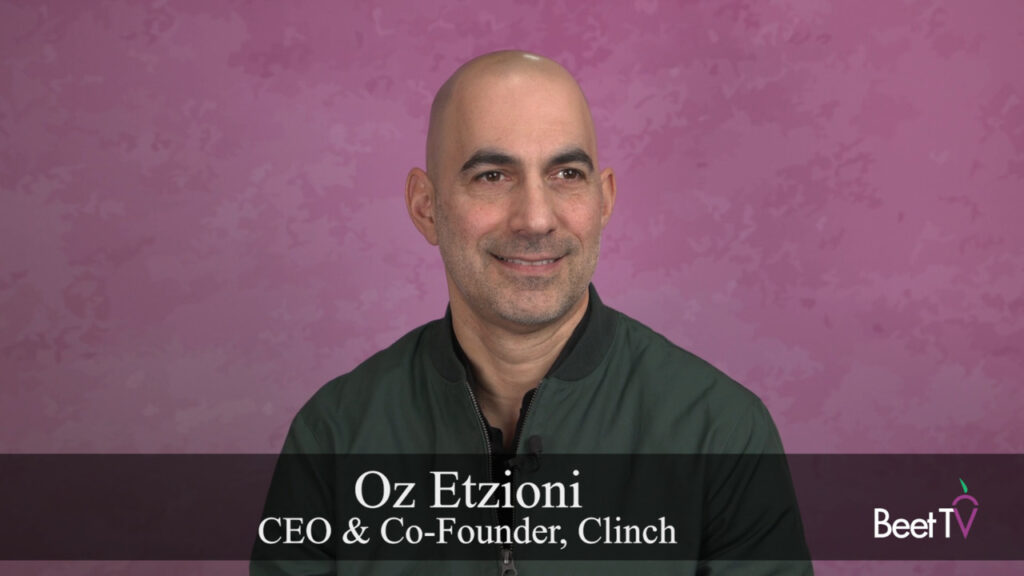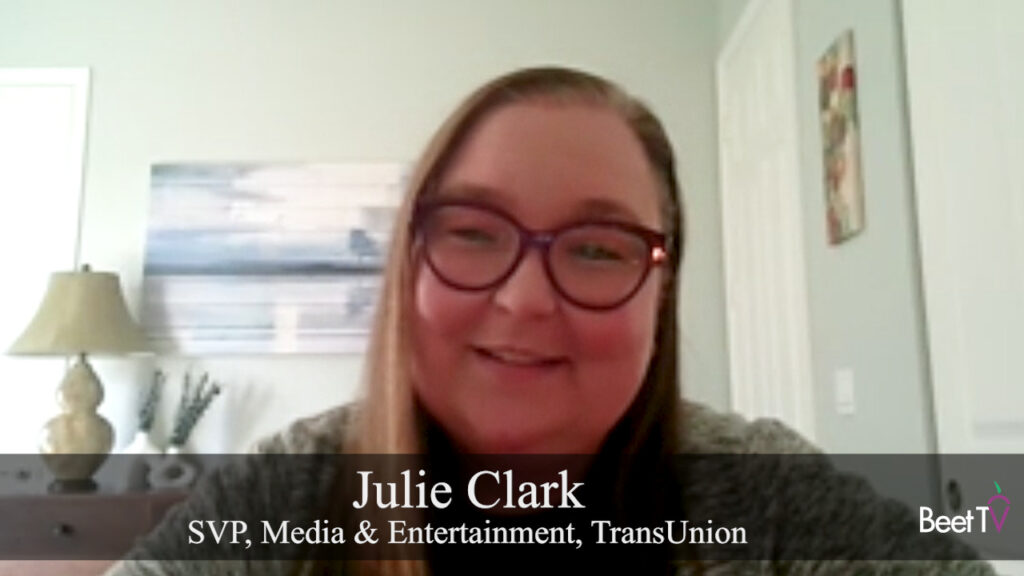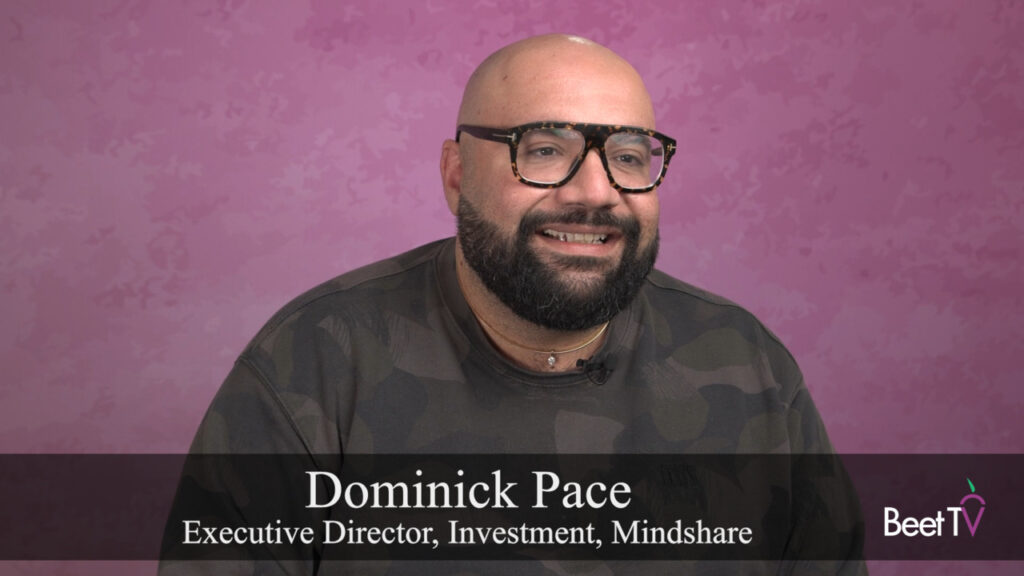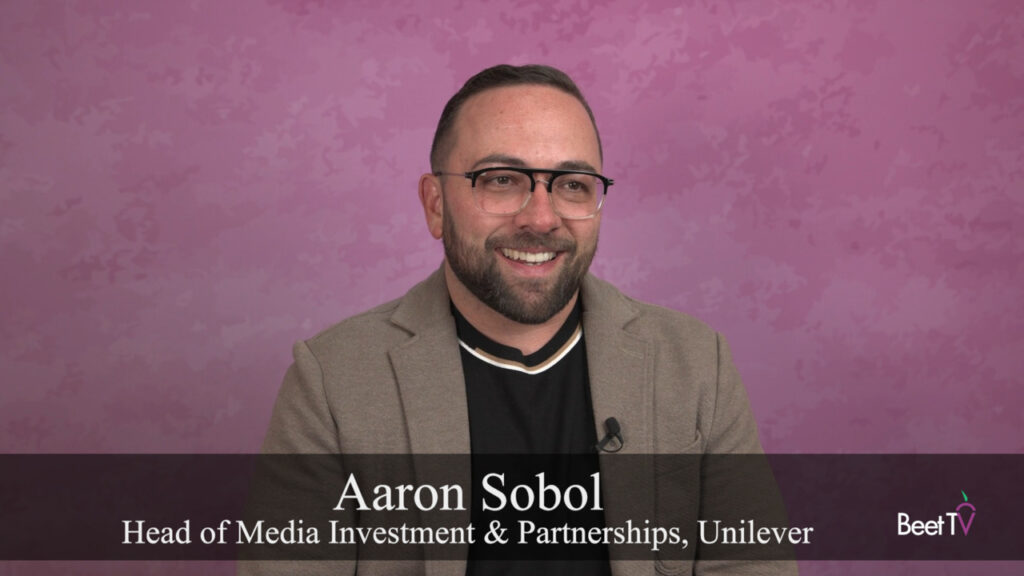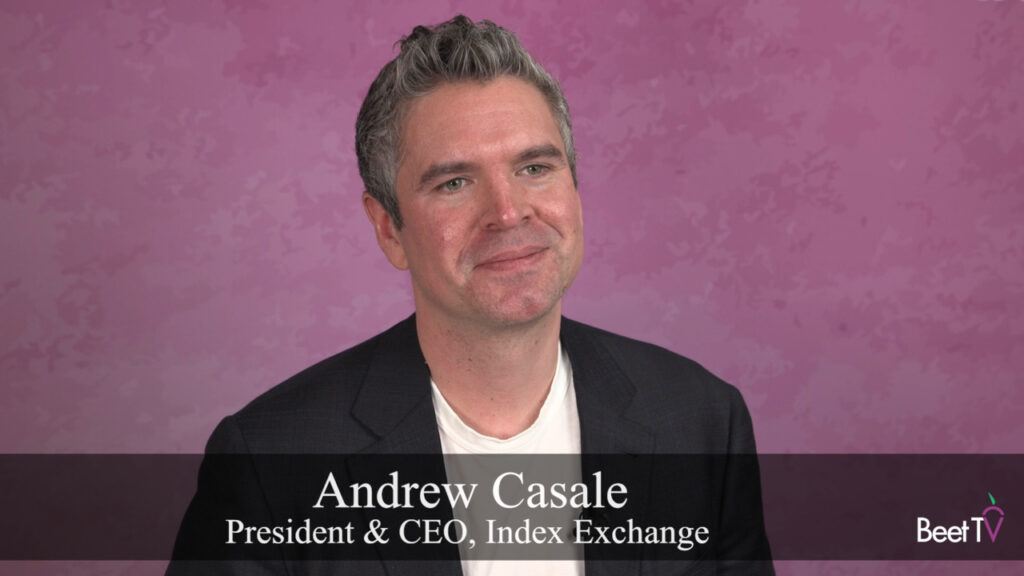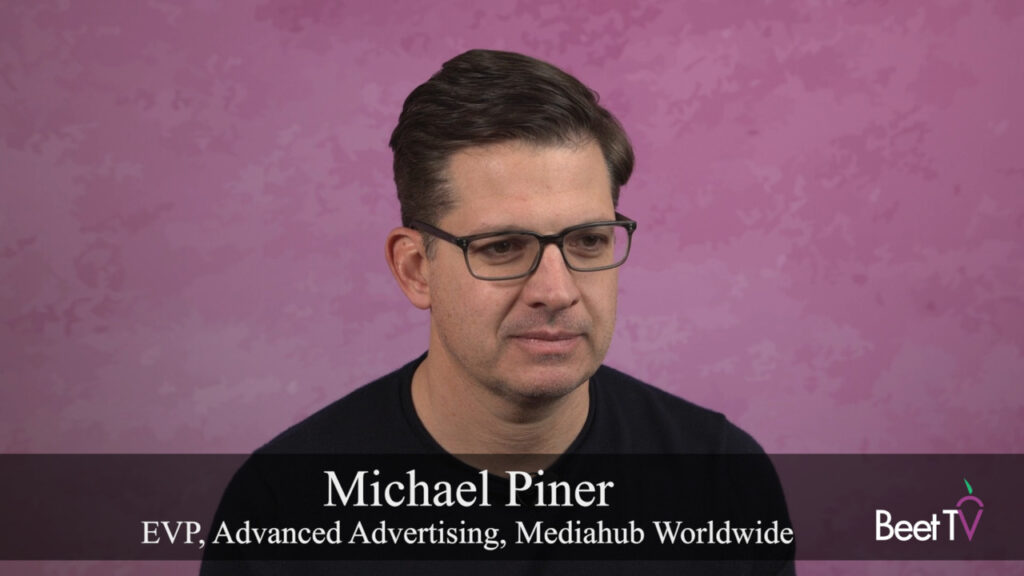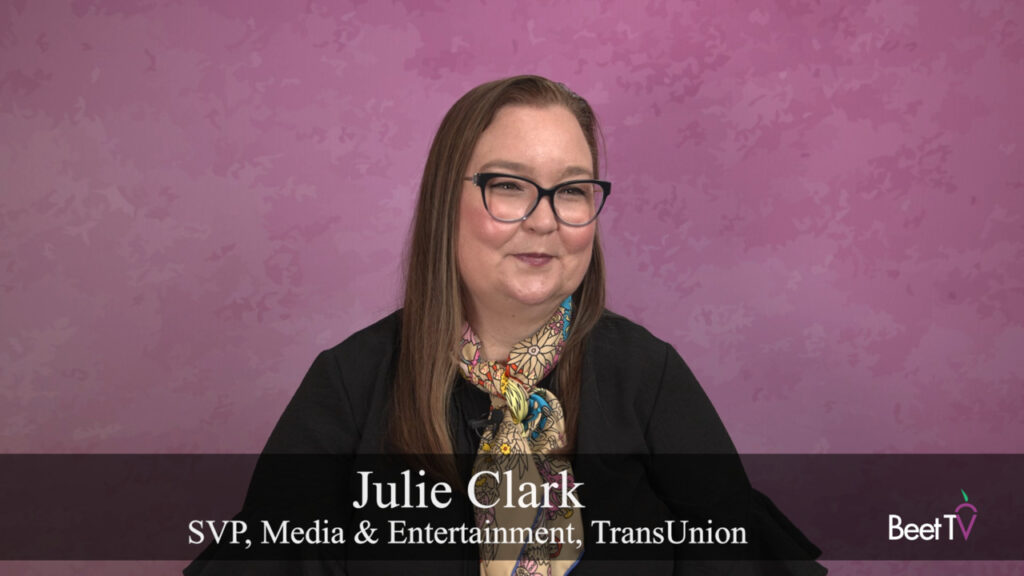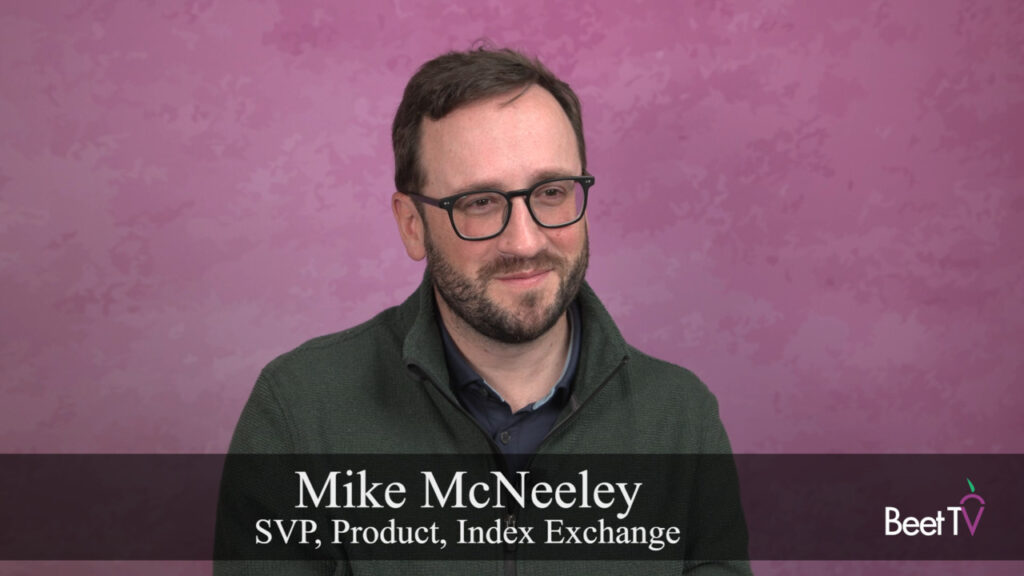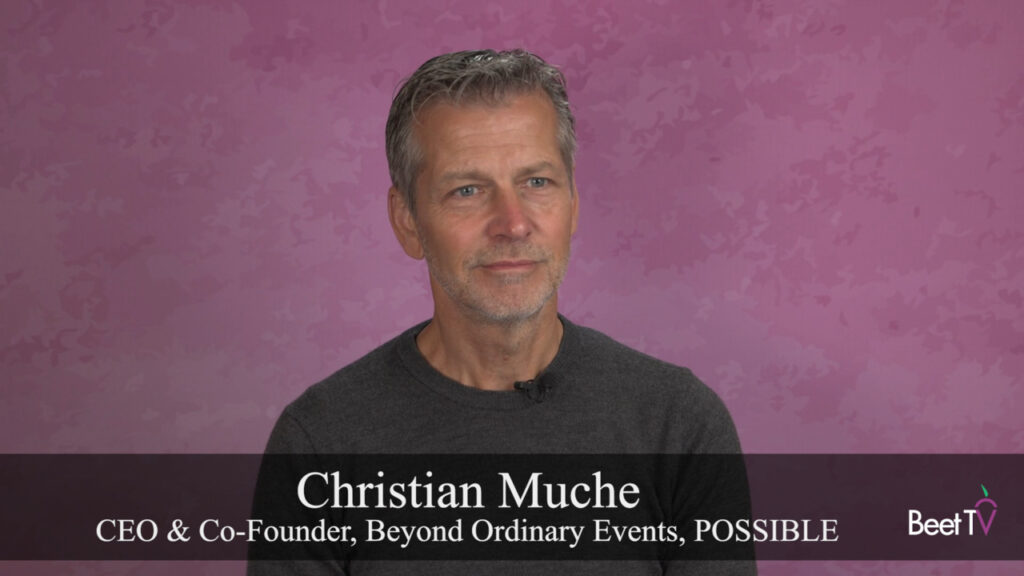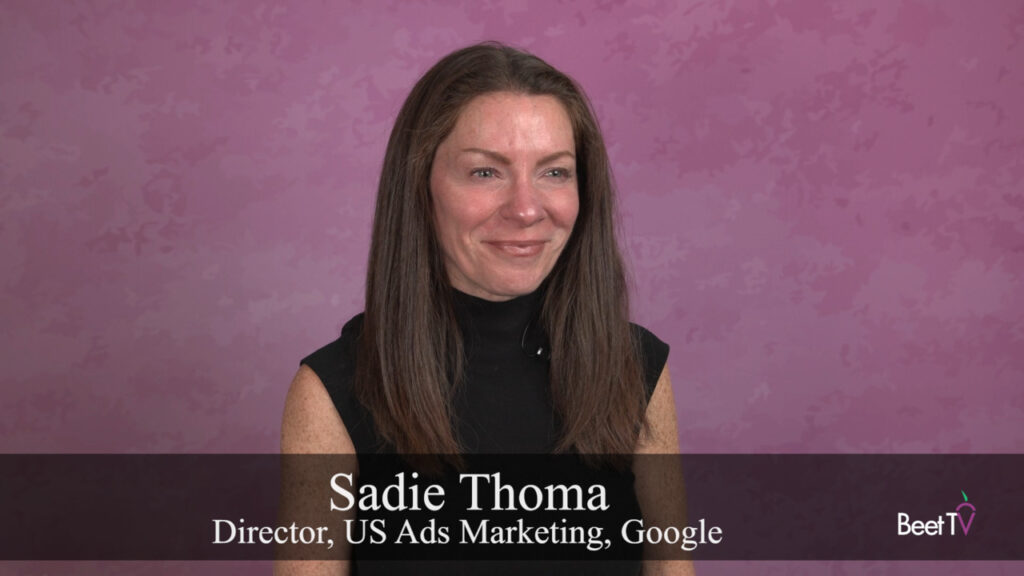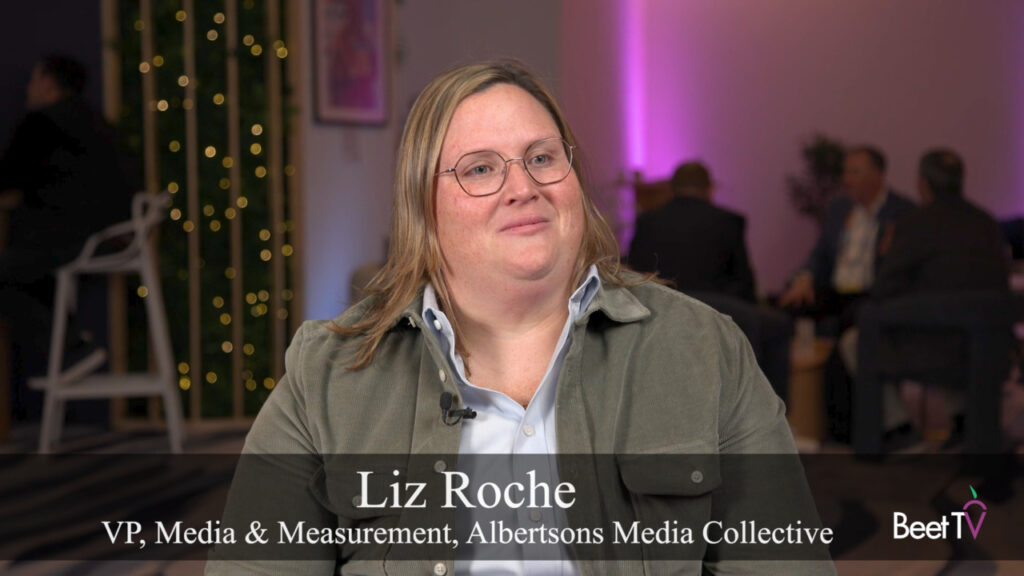Not many kids spend their evenings, curled up in bed, reading mundane acts of national policymaking under the bed covers. But that’s exactly what Tom Rogers did – a few years later, he was writing those rules.
“I was an avid reader of TV Guide as a kid – stacked ‘em up on my bedside table,” Rogers tells Beet.TV in this video interview. “The page I read the most was about FCC regulations that nobody else … cared about. It got me hooked on how this industry and government interface.”
Rogers became a lawyer, later becoming senior counsel to the U.S. House of Representatives Telecommunications, Consumer Protection and Finance Subcommittee, where he drafted telecoms law including the 1984 Cable Franchise Policy and Communications Act.
That period presented him with his most challenging career setback, trying to steer through some significant new cable TV legislation.
“Two days before Congress was adjourning, it looked like it had stalled in its tracks, it was over, the National Cable Television Association basically threw in the towel,” he says. “I spent an entire night … with the chief counsel for ht eRepublican judiciary committee, trying to come up with a compromise.
“In that 48 hours, I went from feeling total dejection, the worst setback I could have imagined of two years of work’ evaporation, to believing we could get it done. With a few hours left, we rushed it through both houses… to president Reagan for signature.”
Rogers jumped the fence from regulation in to the TV business proper when he became an NBC executive, founding CNBC and the MSNBC joint venture, as well as helping to form National Geographic Channel and Court TV. He credits former GE CEO Jack Welch, whose company owned NBC, with having given him his key business lessons.
“Being in a company where you’re able to see how a leader like that was able to drive businesses, allow new businesses to be created like CNBC and watch how he motivated an enormous organisation, running a company which needed to be reinvented,” Rogers remembers.
Now Rogers sees the future of media not in hundreds of channels but in one – the personal channel.
The piece of that I think’s going to become a much bigger factor … is the personalization through filtering of relevance from all kinds of data inputs,” he says. “That’s an exciting thing for young people to get involved with.”
Just as a young Rogers enthused about the media business, so, too, he says the industry is exciting for the next generation.
Everybody thinks we’ve hit the new frontier and that it’s going to stabilise. It’s never going to stabilise,” Rogers says. “It’s constantly going to be in motion. New innovators will constantly change the approach to how this is done.”
This is segment is part of Beet.TV’s “Media Revolutionaries,” a 50-part series of interviews with key innovators and leaders in the media, technology and advertising industries, sponsored by Xaxis and AOL.
Rogers was interviewed for Beet.TV by David J. Moore, Chairman of Xaxis and President of WPP Digital.







